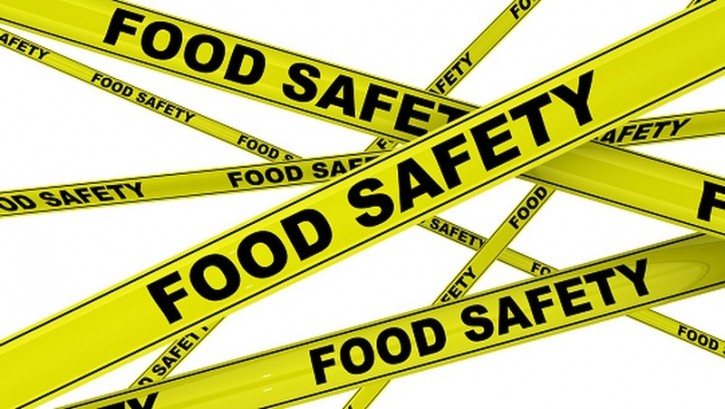Tackling food fraud: Urgent need for ‘real-time’ global monitoring – Thai experts

There is a long list of fraudulent activities that include, but are not limited to, concealment, counterfeiting, misrepresentation, substitution, and the unapproved enhancement of food products.
The methods employed to alter food ingredients are intricate, making it a challenge for food authorities to assess product integrity based solely on manufacturers' declarations.
To combat this issue effectively, a study by Mahidol University researchers states that robust control measures are required, including rigorous inspections of raw materials and the establishment of an efficient monitoring system for food handling, processing, and distribution.
Further, governments need to take action and play a pivotal role in mitigating food fraud by enforcing stringent food safety regulations and promoting good manufacturing practices across the entire food supply chain.
A crucial step in protecting the food industry involves the implementation of a global real-time alert system which provides timely warnings against fraud and adulteration.
This proactive approach is essential to minimize risks to public health and safety. Addressing the root economic causes of food adulteration at both national and international levels is also imperative for sustained, long-term prevention.
Existing food safety management systems have primarily been developed to address conventional food safety hazards, without a specific focus on food fraud prevention and control. However, recent developments, such as the Global Food Safety Initiative (GFSI) incorporating "VACCP" (Vulnerability Assessment and Critical Control Points), aim to integrate fraud vulnerability assessments (FFVA) into food safety standards.
FFVA faces challenges due to the absence of a universally validated framework, limited data on documented fraud cases, and inadequate resources within the food industry, emphasising the need for a cultural shift to prioritize supply chain integrity and combat food fraud.
Databases like the European Commission’s Rapid Alert System for Food and Feed (RASFF), and the Food Adulteration Database (FADB) in China have been pivotal in documenting historical and current food fraud incidents, offering valuable insights to the food industry and regulators.
The RASFF, focusing on fraud and adulteration, has become a trusted source of information, reporting 663 cases from Asian-originated food products over a ten-year period. China, India, and Turkey were the primary contributors, with nuts, nut products, and seeds being the most commonly affected food products.
Across Asia, food fraud incidents and fraudulent products have imposed serious health threats — sibutramine in dietary supplements, the plasticizer scandal, gutter oil, and adulterated milk were reviewed with regard to incidents, public health impact, regulations, and mitigation approaches.
Likewise, dairy products, notably milk, are among the top 10 food categories with the highest reported incidents of fraud. While the most infamous case of melamine contamination in Chinese milk in 2008 resulted in severe health consequences for infants, other instances of adulterated milk are common, particularly in India.
While some practices like adding water, whey, or vegetable oil to enhance milk volume and protein content may not present immediate risks, the introduction of toxic chemicals, including urea, boric acid, salicylic acid, and formalin, can lead to serious health effects for consumers.
A national survey in 2011 revealed that 68.4% of milk samples in India did not meet Food Safety and Standards Authority regulations, and a study in Hyderabad found widespread contamination, with 60% containing urea and 32% formalin. These contaminants could directly relate to adverse health effects in children, including headaches, diarrhea, and eyesight problems.
The study calls for governments to actively engage in public communication through mass media to educate the public about preventive measures and health risks associated with adulterated food.
It is essential to establish a rapid alert system for food-borne hazards at the district and state levels. Enhancing traceability systems can be achieved by integrating small farmers and traders into food safety and quality networks through the establishment of more cooperatives.
Furthermore, providing education and training courses on food safety for all stakeholders in the food chain, including farmers, middlemen, transporters, food industries, distributors, retailers, and consumers, is crucial.
Effective risk communication and food education are vital components for promoting safe agri-business development in both domestic and international trade markets.
Source: Foods
https://doi.org/10.3390%2Ffoods12193522
"Incidents and Potential Adverse Health Effects of Serious Food Fraud Cases Originated in Asia"
Authors: Kemsawasd, V. et. al.



















